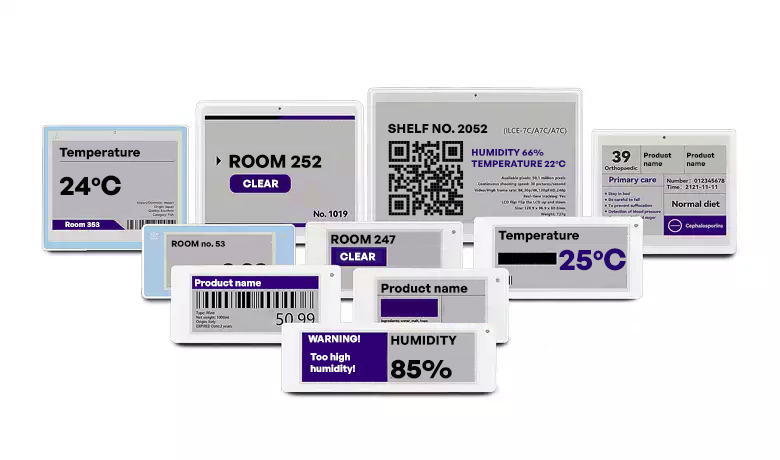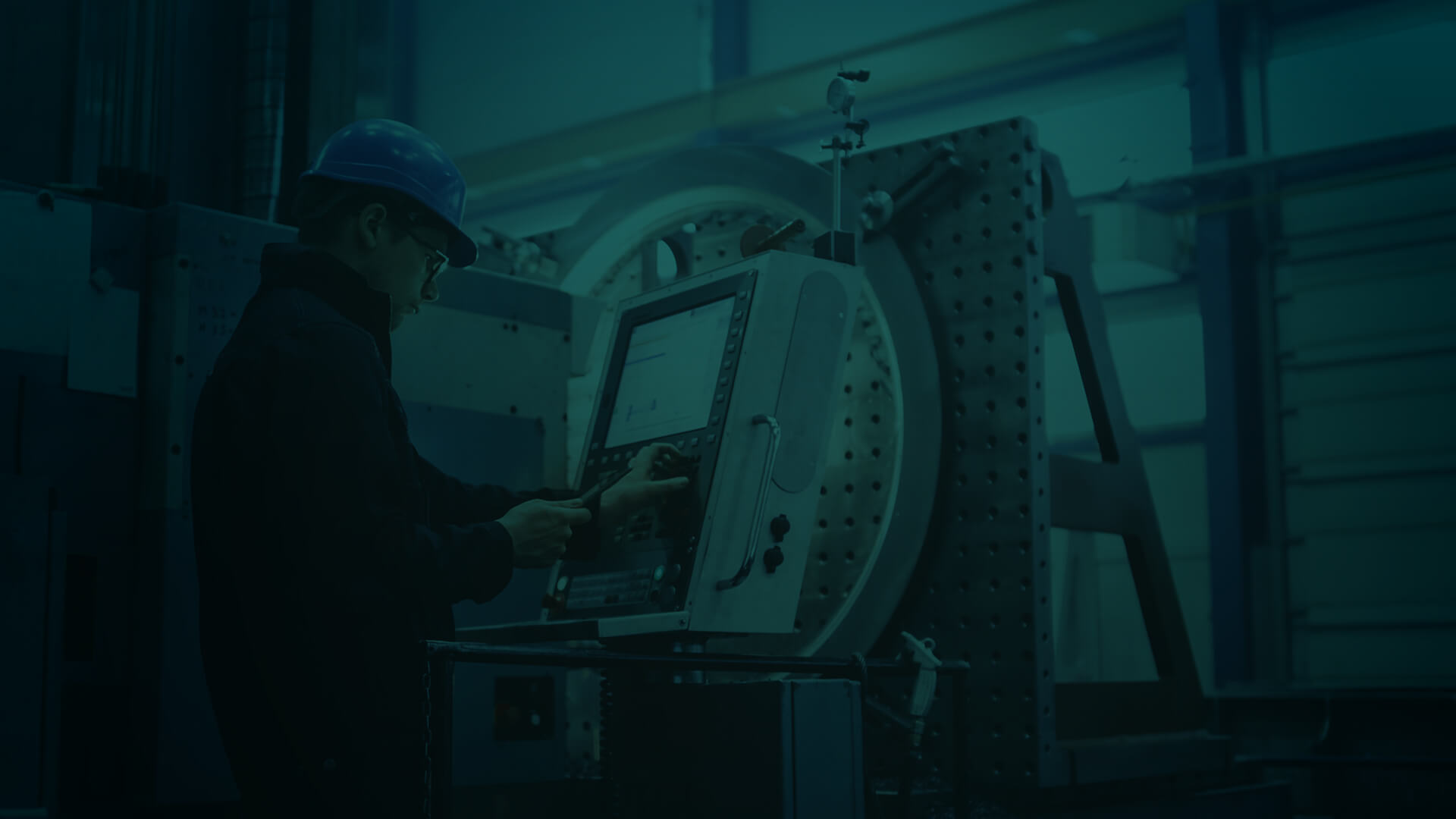As the manufacturing sector evolves, it continually embraces innovative technologies to streamline processes, increase productivity, and ensure compliance. Electronic Shelf Labels (ESL) have emerged as a cutting-edge tool, extending their reach far beyond their traditional application in retail. This expanded article delves into the multifaceted applications of ESL within the pharmaceutical, automotive, and aviation industries, exploring their functionality, practical implementation, and the underlying benefits.
Understanding ESL: From Retail Shelves to Industrial Applications
ESLs are digital systems that typically display product pricing and other critical details in supermarkets and large retail outlets. Their implementation in manufacturing has transformed these wireless devices into dynamic tools for displaying product information, monitoring room or container status, and tracking manufacturing progress in real-time.
The core architecture of an ESL system includes labels, servers, base stations, and handheld devices. The labels, usually featuring LCD or E-Ink displays, are placed in strategic locations. The server manages information for each label, while base stations facilitate wireless communication between the server and the labels. Handheld devices are utilised for on-the-spot data adjustments.
Leveraging ESL in Pharmaceutical Manufacturing: Ensuring GMP Compliance
Pharmaceutical manufacturing often requires meticulous monitoring of room conditions to maintain compliance with Good Manufacturing Practice (GMP). ESLs serve as a valuable tool in such settings, allowing real-time monitoring and instant update capabilities. This efficient approach drastically reduces the risk of non-compliance, ensuring optimal production conditions and preserving product integrity.
In the highly regulated pharmaceutical industry, each production step must be carefully monitored and documented. With the help of ESL, status updates on cleanroom conditions, such as temperature, humidity, and pressure, can be maintained and displayed in real-time. Moreover, ESL aids in accurately tracking batches and managing expiry dates, ensuring GMP compliance and patient safety. The resulting traceability and transparency significantly reduce error margins and enhance operational efficiency.
In short:
Use Cases
- Monitoring cleanliness, temperature and humidity in pharmaceutical rooms to comply with GMP requirements.
- Automatically updating expiration dates on pharmacy shelves.
- Identifying and tracking products in warehouses and pharmacies.
- Minimising errors in order fulfilment and packaging.
Industry Benefits
- Improved compliance with GMP and regulatory standards.
- Reduced operational costs through automated product information management.
- Elimination of errors caused by outdated labels.

ESL in Automotive Production: Enhancing Container Status Tracking
In short:
Use Cases
- Tracking containers and parts in warehouses and production lines.
- Automatic updates of component information and expiration dates.
- Optimising inventory management and production logistics.
Industry Benefits
- Enhanced efficiency and accuracy in inventory management.
- Minimized risks of errors and delays in production.
- Shorter downtime on the production line.
Employing ESL in Aviation Manufacturing: Optimising Technological Operations
The complex manufacturing processes of the aviation industry require precision and timely updates. ESLs are invaluable in this context, serving to monitor the status of various aviation components through different stages of technological operations.
Here, ESLs can be instrumental in monitoring product status across different operational phases. For example, an aircraft’s part, once installed, can be tagged, and its status updated in real-time on an ESL. This capability allows for accurate tracking and rapid response to any potential issues, enhancing overall manufacturing efficiency.
In short:
Use Cases
- Tracking aviation products throughout different production stages.
- Monitoring and updating information on technological statuses and production stages.
- Optimizing inventory management and logistics in production facilities.
Industry Benefits
- Increased precision and transparency at every stage of production.
- Faster response to changes and errors in the production process.
- Improved efficiency and profitability in aviation production.
Value Adjustment and Battery Life
ESLs offer a high degree of flexibility, with display values easily modified either remotely from the central server or directly using a handheld device. This responsiveness ensures that the system can adapt to rapid changes typical in dynamic manufacturing environments. Furthermore, ESLs typically boast a long battery life, ranging between 5-10 years, depending on the frequency of updates. This longevity reduces maintenance needs and contributes to their cost-effectiveness.
Embracing the Benefits and Looking Ahead
The deployment of ESL in these three diverse manufacturing sectors demonstrates the tool’s significant potential in streamlining operations, enhancing productivity, and ensuring compliance. As we look ahead, we can anticipate the continued expansion of ESL technology into other sectors, driven by its inherent adaptability and capacity for customisation.
Understanding the integral role of ESL in the future of the manufacturing industry is crucial for businesses seeking to stay at the forefront of technological advancements. By harnessing the power of ESL, companies can transform their operational processes, drive efficiency, and stay competitive in an increasingly digital world.
In Conclusion
In our increasingly digitised world, technologies like ESL hold the key to redefining traditional industrial processes. With its wide range of applications in various sectors, including pharmaceuticals, automotive, and aviation, ESL demonstrates its immense potential in boosting efficiency and productivity. By providing real-time updates and enabling lean management strategies, ESL continues to assert its value as an indispensable tool in the manufacturing industry.
In the coming years, we can expect to see further case studies highlighting the innovative applications of ESL, emphasising its versatility, and significant potential within diverse production, industry, and factory settings. As we continue to delve into the myriad possibilities that ESL offers, it becomes increasingly clear that ESL technology represents a pivotal stride towards the future of manufacturing.
Products in this Article

Paperless Manufacturing
Paperless MANUFACTURING Create a green enterprise with ANT PAPERLESS MANUFACTURING digital documentation. Use digitized forms and streamline communication in your company. Access all your data

MES System – Manufacturing Execution System – ANT Solutions
System MES – Manufacturing Execution System 0 % operating time increase 0 % defects quantity reduction 0 % material consumption reduction 0 % changeovers time

Manufacturing Operations Management System (MOM)
Manufacturing Operations Management System (MOM) The most complete manufacturing solution with full support for operations management and a link between industrial automation and business operations


